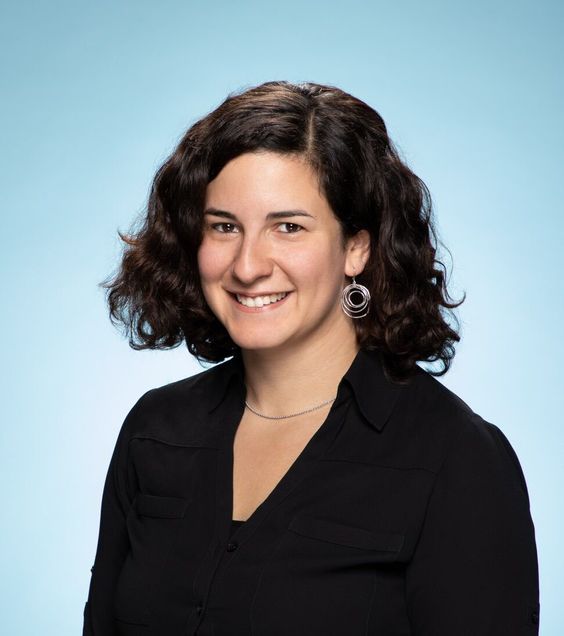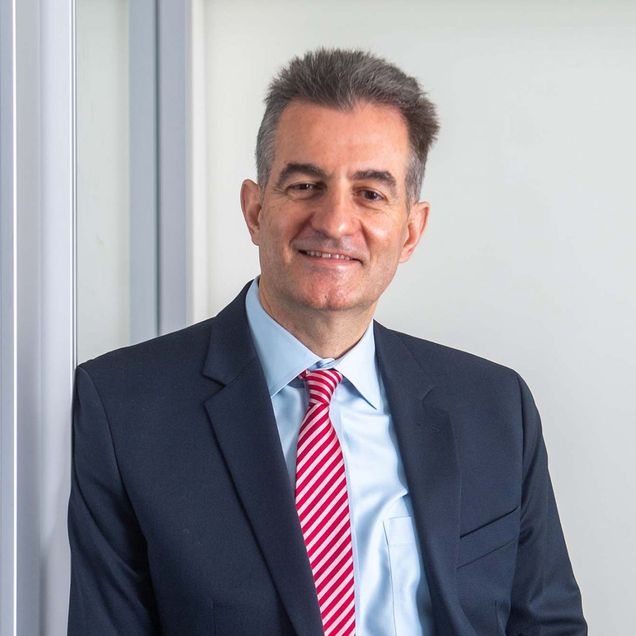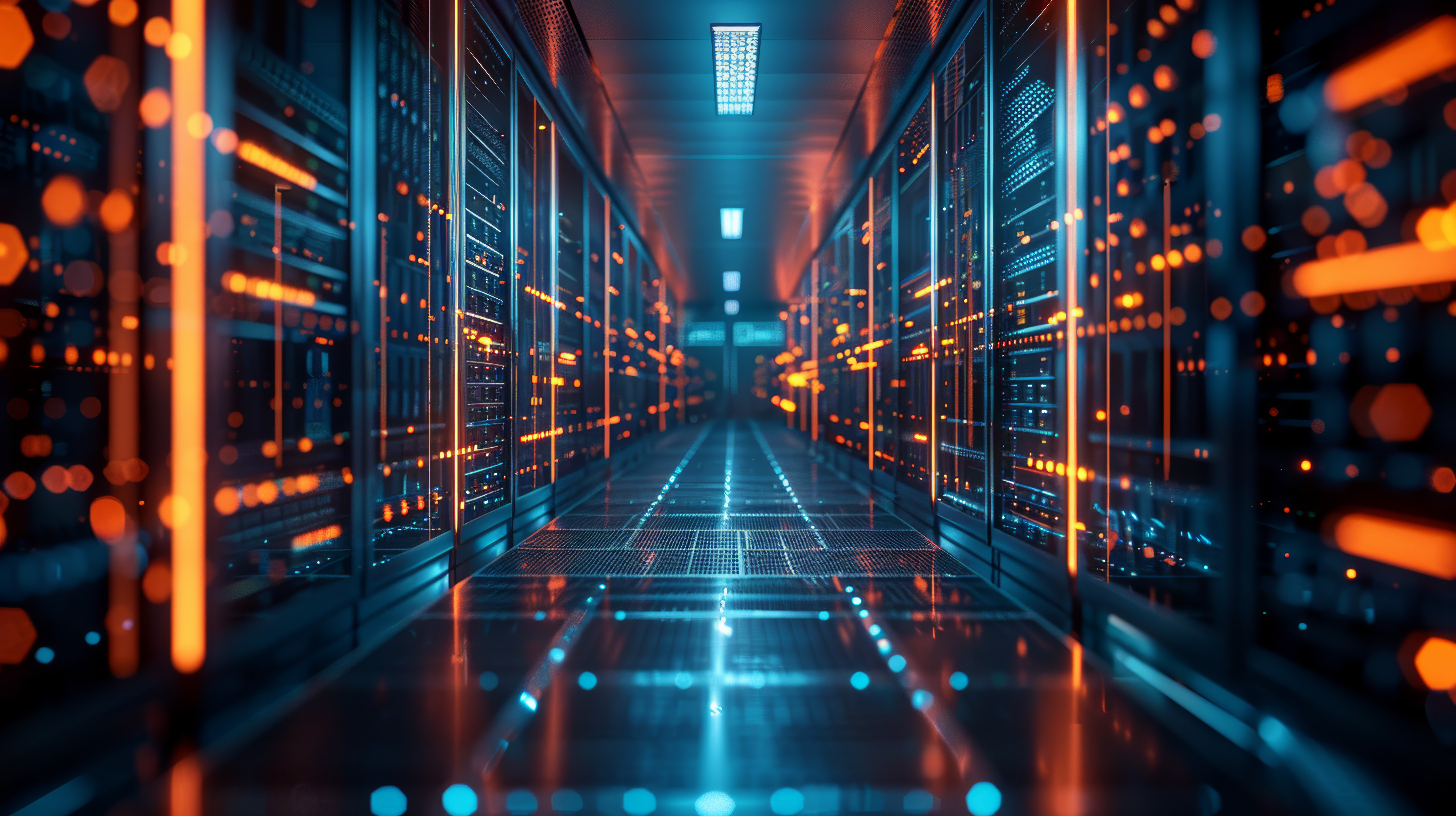Privacy Meets AI: Enabling Data Center Collaboration to Support Grid Stability
FRP Spotlight: Privacy Preserving Energy Analytics for Data Centers
Next time you ask ChatGPT a complex question, consider this: generating a 100-word response involves trillions of calculations. Now multiply that by 10% of the world’s population — roughly its user base — and the energy used could reach 400,000 kWh, enough to power a small U.S. city for a day.
When you submit a prompt, you’re triggering billions to trillions of calculations inside a data center. Data centers are critical systems that store, process, and distribute digital data for everything, from emails and video streaming to machine learning modeling and more.

Power-hungry generative AI (genAI) prompts with tools like ChatGPT use massive computational resources that consume 10 to 100 times more electricity than a standard web search. The surge of increasingly pervasive AI is predicted to double or triple data center power consumption, reaching 6.7–12% of total U.S. electricity – matching the previous decade’s growth in just three years.
Data centers’ soaring energy needs are pushing the country’s aging, capacity-constrained power grid to its limit. Compounding this problem is the unpredictability of energy demands, which means that data centers—and the grid at large—must allocate more power capacity than typically needed in order to meet potential peaks in demand.
“The grid is built for peak loads, so accommodating massive AI data centers—requiring hundreds of megawatts—often demands new generation and infrastructure, a process that spans several years,” says Ayşe K. Coşkun, professor of engineering (ECE, SE), CISE director, and Hariri Institute core faculty. “This means many data centers face long delays before they can even come online. Offering power flexibility can speed up connections, ease grid pressure, and contribute to a more resilient energy system.”
Coşkun and a multidisciplinary team are creating a new system for data centers to work together to use energy more efficiently and optimize the grid. The project, titled “Privacy Preserving Energy Analytics for Data Centers”, requires a convergent research approach, and was selected for funding as a Hariri Institute Focused Research Program. The project is led by Coskun with Professors Adam Smith (Computer Science and Engineering) and Ajay Joshi (Engineering, ECE).
A key innovative direction in the project is building a framework where each data center predicts and manages its energy needs based on user workloads. In this new framework, data centers also collaboratively optimize power consumption in response to the grid’s needs, sharing limited information with one another. Through the use of intelligent analytics, the system coordinates this collaboration without adding extra strain to the data centers’ hardware or software.

“Imagine a hot summer day when everyone’s blasting AC and the power grid is stretched thin,” says Coşkun . “Instead of running full power, our system would allow a group of data centers to lower their power use for an hour or two by slowing down non-urgent computing tasks. In this way, the data centers can help support grid stability and avoid blackouts.”
Predicting and Optimizing Data Center Energy Trends
In the collaborative framework for data centers, AI plays a central role in predicting and optimizing to find the best balance between performance, power flexibility, and data sharing.
Machine learning models are used to analyze both recent and long-term data to predict how much power a data center will need for workloads to run at promised speeds and reliability levels. With the power of AI, these predictions happen rapidly and efficiently, providing real-time predictions (e.g., every few seconds) as well as short-term forecasts (e.g., for the next hour). The AI optimization is used to determine what minimal data to share, with which other data centers, and the optimal times to share it.
Privacy-preserving collaboration
“A key challenge is ensuring confidentiality: data center operators are reluctant to share sensitive information about power usage and workloads,” says Smith, co-inventor of differential privacy, for which he won the Gödel Prize and Test of Time awards.

The researchers aim to develop protocols, based on techniques from differential privacy and encrypted computation, that allow for joint computations of relevant statistics without leaking individual data centers’ inputs—thus avoiding the need for a trusted party that holds all the data at once.
“Differential privacy and encrypted computation address different types of concerns,” explains Smith. “Differential privacy controls allow sharing of aggregate data patterns while limiting information, and encryption distributes the computation so that sensitive data need never be pooled in a single location. The system we are developing addresses both types of concerns.”
Demonstrating Practical Deployment
This project extends beyond developing theoretical approaches. The team aims to demonstrate, for the first time, that large-scale computer systems will achieve cost reduction and energy efficiency improvements via a novel privacy-preserving, collaborative, and scalable analytics and optimization framework. To do so, the third research trust will implement encrypted analytics schemes across software and hardware layers to demonstrate real-world performance and complexity requirements.
“We will explore hardware design options and a range of cryptographic tools to evaluate optimization and privacy-preserving strategies through an iterative design and testing process,” says Joshi. “The goal is to determine the limits and opportunities for designing practical systems to enable sufficiently fast computation of the privacy-preserving analytics methods.”
“The broader impact of this research is creating a sustainable pathway for AI to grow,” says Coşkun . “Every aspect of society is increasingly going to use AI, so making AI growth more sustainable, cheaper, and faster will benefit everybody.”

The research team unveiled project insights on May 19th at the Hariri Institute Focused Research Program symposium titled “Data Center and Power Grid Interactions: Challenges and Opportunities,” co-sponsored by the Center for Information and Systems Engineering (CISE). The event convened leading experts across energy, power grid, data centers, hardware, and privacy, sparking thought-provoking discussions at the intersection of these critical fields.
“As AI’s energy demands surge, cross-sector innovation and collaboration are essential,” says Coşkun . “We’re excited to build on this synergy and help drive high-impact solutions.”
This project highlights how a convergent research approach can bring together diverse expertise to tackle complex, real-world problems at the intersection of AI, privacy, and energy sustainability,” says Yannis Paschalidis, distinguished professor of engineering, director of Hariri Institute, and a member of the Task Force on Convergent Research and Education at Boston University.
“The Hariri Institute supports this kind of interdisciplinary collaboration by providing a structure where researchers can turn bold ideas into real-world impact—advancing not only the sustainability of our energy infrastructure, but also the responsible growth of AI for the public good.”
![]() View the recorded talks of the May 19th at the Hariri Institute Focused Research Program symposium titled “Data Center and Power Grid Interactions: Challenges and Opportunities here.
View the recorded talks of the May 19th at the Hariri Institute Focused Research Program symposium titled “Data Center and Power Grid Interactions: Challenges and Opportunities here.
